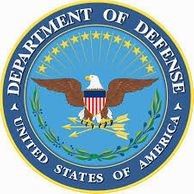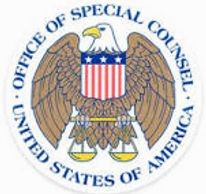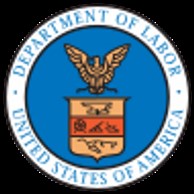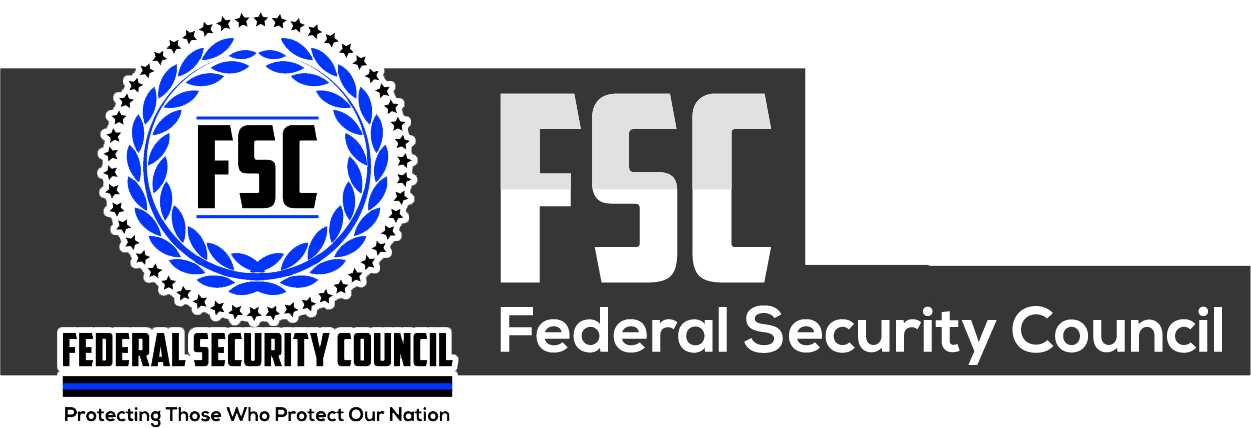Member Benefits
Legal Defense Coverage 24/7

24 HOURS / 7 DAYS EMERGENCY LEGAL RESPONSE
The most critical time for legal representation are the minutes and hours which immediately follow a critical incident. How, when, and whether to give a statement to investigators following the discharge of a weapon, death in custody, or use of force, could likely to be the most critical, and life altering of those decisions our members face. PORAC/LDF recognizes that its members need the benefit of legal counsel immediately; not the next day. Emergency legal representation by experience panel attorneys is available 24 hours a day, seven days a week for our members.
MILLION DOLLAR COVERAGE NO CAP ON BENEFITS
The LDF has spent more than $1,000,000 on a number of cases. The defense of peace officers in an era in which they are targets of harsh discipline, multi-million dollar civil actions, criminal indictments, and federal grand juries can be very expensive. In its entire history the LDF has never cut a members’ benefits because it was “too expensive.” This is a record that few legal plans can match.
The fact that we will do what it takes to win a case does not mean that we are free with our participant’s money. To the contrary, we employ panel attorneys who are committed to providing cost effective representation. We also maintain an extensive brief bank in order to avoid duplication of services.
Security Clearance Suspension/Revocation

A Security Clearance is given by Federal Government only to the selected personnel’s or a company, as a permit to access classified facilities or information. The three different types of personnel clearances are, Top Secret, Secret, and Confidential.
National security eligibility determinations take into account a person’s:
- Stability
- Trustworthiness
- Reliability
- Discretion
- Character
- Honesty
- Judgment
- Unquestionable loyalty to the U.S.
Internal Affairs Investigations

The Federal Security Council has a broad list of experienced attorney’s that specialize in federal employment law. Members of the FSC are entitled to free legal consultation for internal administrative actions and follow up representation as required. Our legal counsel has years of experience in dealing with the procedures of the federal government.
Office of Personal Management Disability Retirement

The U.S. Office of Personnel Management (OPM) serves as the chief human resources agency and personnel policy manager for the Federal Government. OPM provides human resources leadership and support to Federal agencies and helps the Federal workforce achieve their aspirations as they serve the American people. OPM directs human resources and employee management services, administers retirement benefits, manages healthcare and insurance programs, oversees merit-based and inclusive hiring into the civil service, and provides a secure employment process.
Office of Special Counsel

The U.S. Office of Special Counsel (OSC) is an independent federal investigative and prosecutorial agency. Our basic authorities come from four federal statutes: the Civil Service Reform Act, the Whistleblower Protection Act, the Hatch Act, and the Uniformed Services Employment & Reemployment Rights Act (USERRA).
OSC’s primary mission is to safeguard the merit system by protecting federal employees and applicants from prohibited personnel practices, especially reprisal for whistleblowing. For a description of prohibited personnel practices (PPPs)
Department of Labor Officer of Worker’s Compensatoin

The Office of Workers’ Compensation Programs administers four major disability compensation programs which provide wage replacement benefits, medical treatment, vocational rehabilitation and other benefits to certain workers or their dependents who experience work-related injury or occupational disease.
Freedom of Information Act

What is FOIA?
Since 1967, the Freedom of Information Act (FOIA) has provided the public the right to request access to records from any federal agency. It is often described as the law that keeps citizens in the know about their government. Federal agencies are required to disclose any information requested under the FOIA unless it falls under one of nine exemptions which protect interests such as personal privacy, national security, and law enforcement
Disclaimer
*** Legal Coverage is for ON Duty Incidents Only*** Legal Referrals for OFF-Duty Incidents can be provided at a discounted rate


